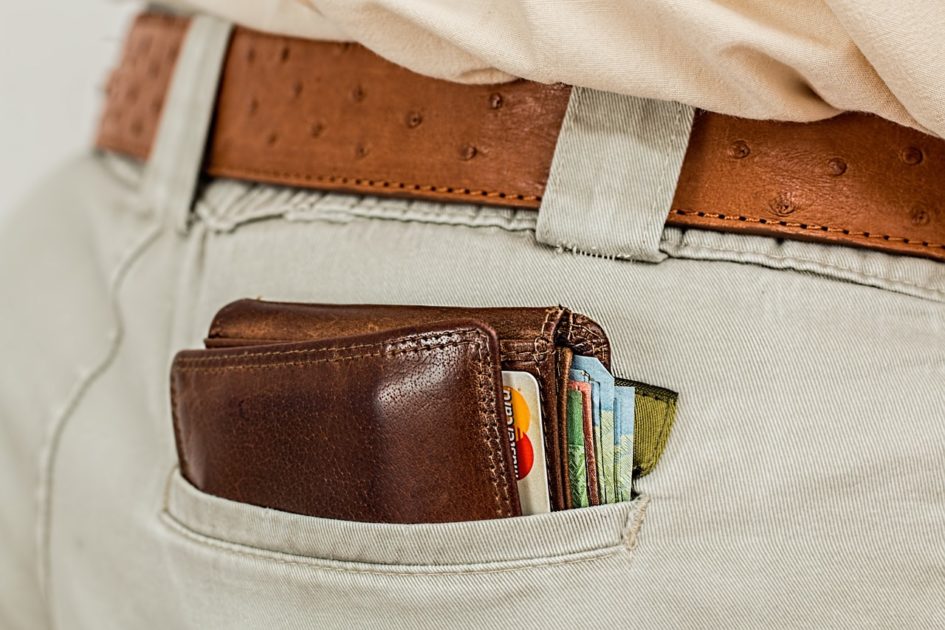Be prepared in case of theft
A huge problem when travelling is losing your wallet or ID/passport. It’s definitely an annoyance when your in your home country, but it’s even more so in a foreign country, especially if you don’t speak the language.
And of course, though nobody ever wants to be robbed or mugged, it might happen, no matter where you travel.
A way to mitigate such trouble is simply to prepare for it.
Copy your important documents
While nothing replaces your official ID or passport, it’s definitely better to have copies of them than nothing, if only to facilitate the filing of a complaint at the police station or asking your embassy for a replacement.
- Makes copies of your passport and/or any other ID that is valid where you’ll travel. You can either scan or take (good quality) pictures of those documents.
- Do the same with any debit/credit cards you’ll take with you, or at least keep a record of those cards’ numbers and expiration dates, as well as the number you should call to block them in case of loss or robbery.
- If you have a travel insurance, also keep copies of any document or contract number that you could need.
Now that you have copied those documents, the question is: Where to keep them?
I’ve known people who kept paper copies of their passports in their luggage. That’s all fine unless you get robbed of everything. I’m not really paranoid and fortunately have never had such an experience, but I think it’s best to be on the safe side and consider the worst situation you could get yourself in (short of being left for dead in a ditch) : no wallet, no passport, no luggage.
My recommendation is thus to keep those copies of documents in the cloud, available from any computer.
At the very least, you could send them to yourself by e-mail just before the beginning of your trip. That ‘s actually what I used to do, but it’s a bit annoying if you have to go through dozens or more likely hundreds of mails to find those documents 6 months from now. Plus, anyone who finds or robs your smartphone could easily get access to your e-mail before you do, and possibly use or deleted those documents.
Another, better option is store them on a file server. Microsoft’s OneDrive is very easy to use and free. Specifically, as an Office 365 user, I store them not as individual files, but in a OneNote page that is itself password-protected (even when my smartphone is unlocked, or my computer session open, the password is required to access that page, making it very secure). Google and other internet companies offer similar online applications, so don’t hesitate to check them out.
Sign up for OneDrive for free with this link and get an extra 0.5 GB
Money matters
Documents are obviously only one part of the trouble. Money is even more important to protect.
Besides the usual advice of not having too much cash on you and not keeping it all in one place, it is once again important to prepare for the worst: having no cash and no debit/credit cards.
My own backup plan is my PayPal account. I guess that with 200 million user worldwide and its wide acceptance for hotel reservations, among many other things, chances are it wouldn’t be impossible to find someone to whom to make a PayPal payment in exchange for cash. I certainly hope I’ll never have to find out if I’m right, though!
There are basically two ways to make payments. One is to have money in your PayPal account, if you’ve received payments from other people, or top up your account. The other method is linking your PayPal account to a debit/credit card, which will be used anytime you make a payment. In this case, though, you should use a card you’ll leave at home, since you would have your lost/stolen cards blocked.
Your opinion
I’m eager to know your opinion. Do you think of anything else that could be done to better prepare for such problems? Have you had some bad experience and can share what worked or didn’t help at all?

Leave a Reply